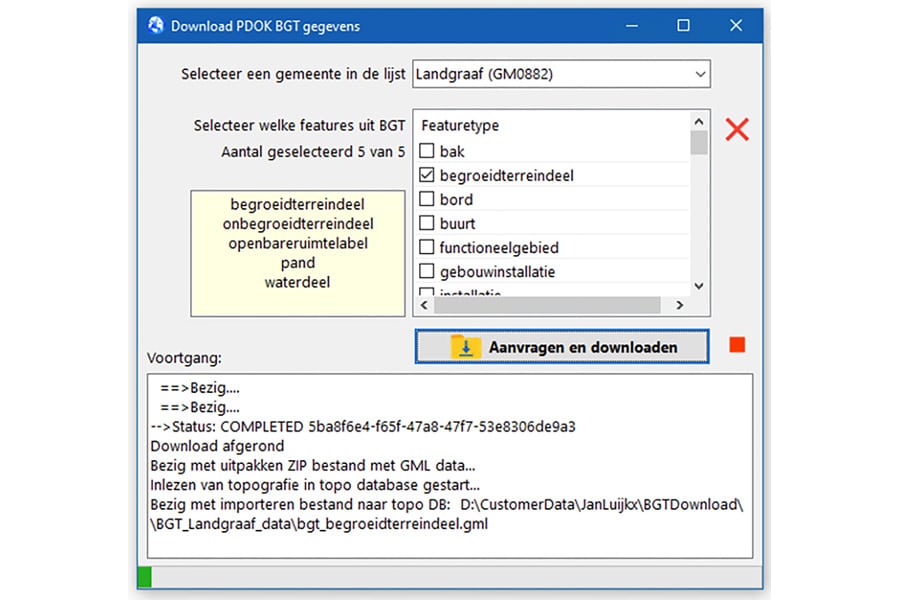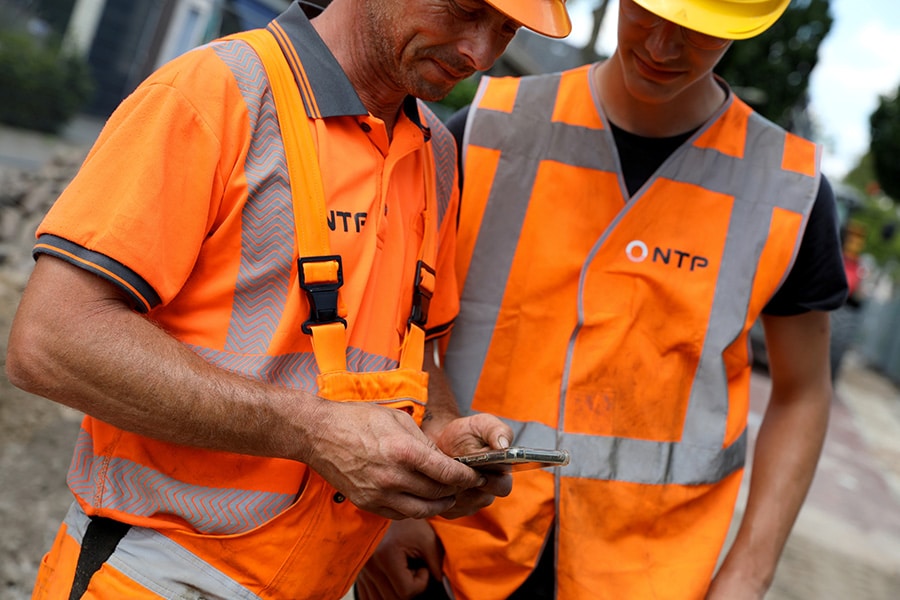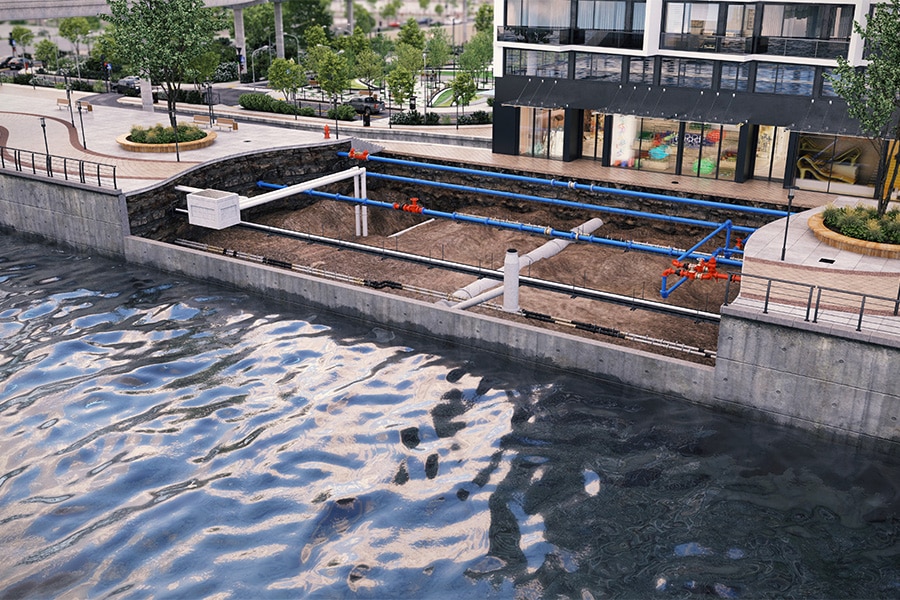
Automation and AI in the GWW
Since the invention of computers, man has been making all kinds of operations simpler and faster. First simple tasks, but each time more and more complex up to the current quantum computer that can perform an almost uncountable number of calculations per second. Now we are on the eve of yet another new development. What can Artificial Intelligence (AI) mean for GWW? Danny van Hooren, director of SmallToGo, explains.
After decades, you might think that we have reached a point with automation where there is nothing left to do, Van Hooren says. "The opposite is true. Humans always want to work faster, process more with higher accuracies and more functionality each time. Artificial Intelligence (AI), or artificial intelligence, is a striking example of this. With it, instead of simple tasks, more complex tasks are performed and combined. A lot of information is combined by AI and with amazing results today where with current methodologies we would still have had to spend a lot of time to get to the same result as AI."

Automate as much as possible
What Van Hooren says is essentially about automating tasks as much as possible. "AI is making more and more inroads in different industries. The medical world, natural sciences, in the linguistic field and analyzing large amounts of discrete information. Yet AI is not yet being applied everywhere. In most software applications, processes can be automated even better. Instead of five operations we go to three and eventually to two, but the ultimate is still AI."
Van Hooren gives an example of a software development in which a municipality user can generate a report by year by energy label based on the Basic Registration of Addresses and Buildings (BAG). "Sometimes the user misses the BAG data and then has to download it first and process it in the application. Then sometimes this data also needs to be combined with energy label data. So all in all, quite cumbersome. AI could lend a hand there."
AI and geography
AI is also making its appearance in the geographic world, according to Van Hooren. "Several energy companies are already cautiously experimenting with it. Because of the amount of data, recognizing patterns or combinations of data is sometimes difficult, unclear or not seen at all. That's another area where AI could lend a hand. You could, related to the BAG example mentioned, ask the question, "Create a report sorted by year and energy label of the municipality of Landgraaf. AI then uses the keywords in the sentence to work with that. Of course, the question can only be answered if the data is available to AI."
SmallToGo is currently exploring the use of AI to perform certain cumbersome tasks. "AI is sometimes already consulted in software development as well," said Van Hooren, concluding, "AI is becoming more sophisticated and should be used with common sense. It is a tool to support humans, not a replacement."




